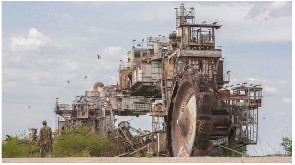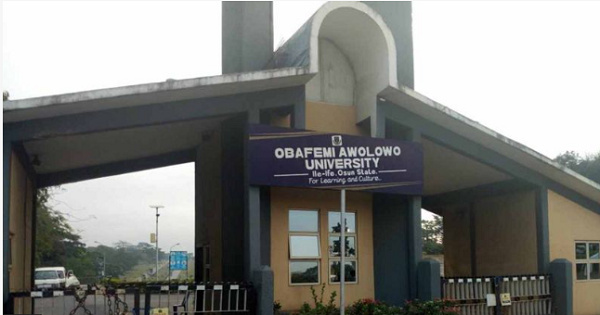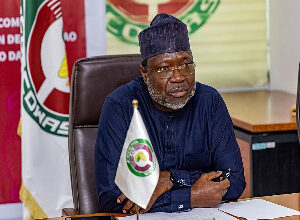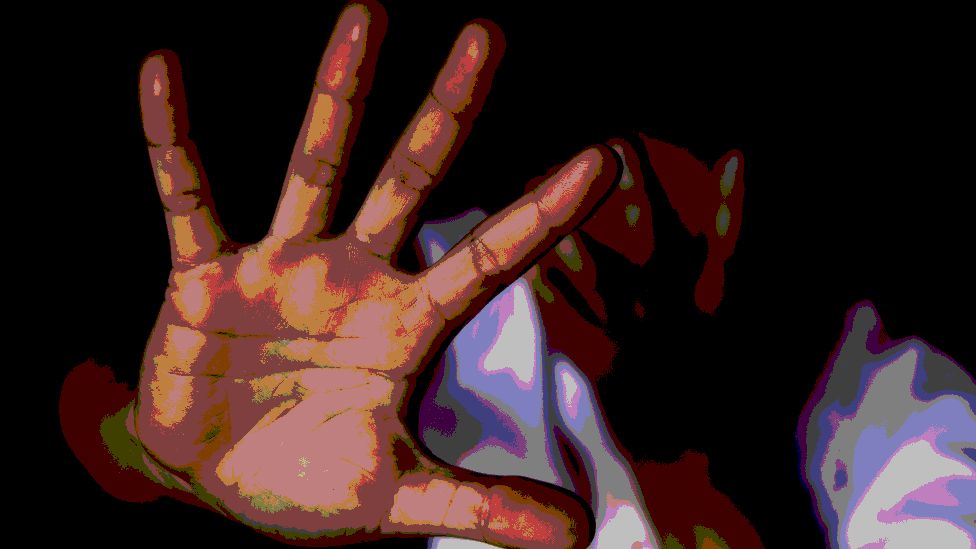South Sudan faces resistance from communities on dredging Jonglei
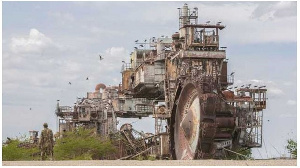
South Sudan’s plan to dredge the Jonglei Canal is sending jitters among local communities who are wary of a past bid to drain the Sudd swamps.
Authorities had suspended the Jonglei Canal Project to conduct public awareness and explain to locals that the intention this time is to remove silt, not drain the waters of the Sudd.
The project involves the dredging of massive silt deposits and aquatic weed control in the Bahr-el-Ghazal basin, especially on the Naam River, and creating landing spots along the canal. Officially, Juba wants the canal more navigable.
Once that happens, the swamp will free some 10 billion cubic metres of water to flow to Egypt and ease transportation between South Sudan and Sudan, reducing travel time upstream.
Those who support dredging also see it as a permanent solution to floods in the lower areas of Jonglei and Unity. They say dredging will allow the quick flow of water and solve the problem of stagnation, which results in loss through evaporation.
There are suspicions, however. The dredging is being done by Egypt, whose ultimate desire – it is alleged – is to have more water reach its soil as opposed to disappearing in the swamps.
Locals have opposed such bids in the past, including an UN-supported project in the 1980s to drain the Sudd, afraid it will result in an ecological disaster that will change South Sudan’s biodiversity forever, with effects on livelihoods and the ecosystem, such as the collapse of fisheries and drying of grazing lands.
In April 2021, Cairo signed an agreement with Juba to dredge the 30km stretch of the Bahr el Ghazal River system from Unity State capital Bentiu. Civil society groups opposed the project as soon as excavators from Cairo landed.
Dr Jacob Lupai, an expert on food security and smallholder farming, says the Jonglei Canal Project is being hurried up for the sole benefit of Egypt and Sudan.
He argues there is a danger of droughts given the Sudd moisture contributes to rain formation in the region.
Awet Thon, an environmental activist says, “When we say no to dredging and digging of Jonglei Canal it’s because we don’t want a disaster.
“We can’t afford to lose humans, animals, and the environment”.
Impact study
Earlier, South Sudanese President Salva Kiir had said environmental studies on the project’s impact on communities and ecosystems would be done before any dredging is done on the Naam River and the Jonglei Canal.
CLICK HERE TO DOWNLOAD PRESS RADIO MOBILE APP
“The contending sides have put forward legitimate arguments both for and against dredging,’ he said before suspending the project, John Anruga Duku, a former ambassador to China says.
Source: theeastafrican.co.ke

